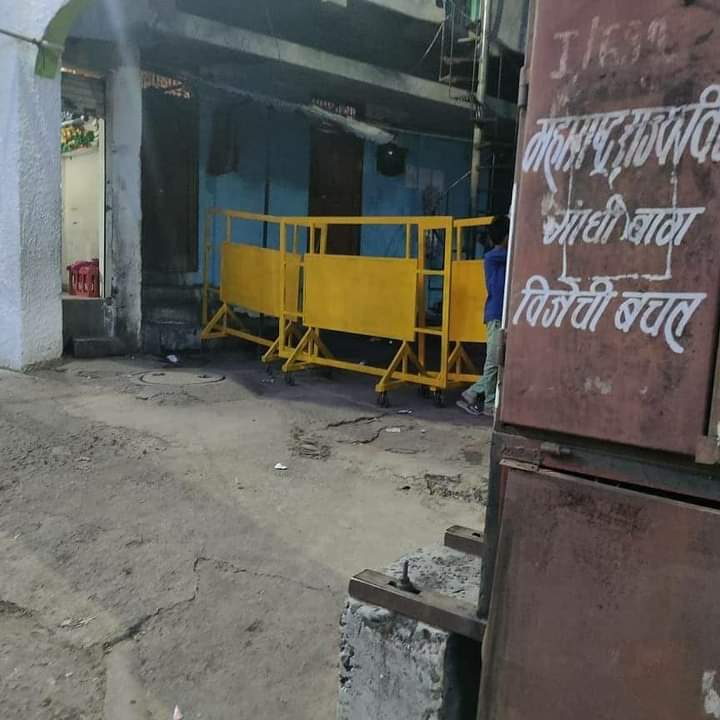New Delhi: The Nagpur Police remain adamant that the Ganga Jamuna red light area of the city will be closed down, even as it announced that section 144, which had been imposed in the area and prevents the congregation of more than four or more people, had been lifted.
Nagpur police commissioner Amitesh Kumar said people visiting brothels in the area, which is Nagpur’s oldest red-light district, will now be booked under the Immoral Trafficking (Prevention) Act (IPTA). Section 7(1) (b) of the Act makes prostitution illegal if it is within 200 metres of four schools, an equal number of shrines, a police chowki and a Maharashtra State Electricity Distribution Company Limited (MSEDCL) office. “Any customer arrested now may face imprisonment up to three months,” the commissioner said.
He said the order to seal five brothels, a process which begins with the local civic body and MSEDCL snapping water and power supply respectively, had been issued.
Kumar told the Times of India that negotiations were being held based on legal considerations. The police are trying to find an “amicable solution” to the issue within the legal framework, he said. “Our discussions with all stakeholders are on and we would further intensify talks to reach an agreement,” he said adding that five more brothels in Ganga Jamuna would be sealed soon.
Reporting on the closure of the area, The Wire‘s Sukanya Shantha had found earlier this week that the livelihood of more than 2,000 women had been cut off without any rehabilitative measures being put in place.
The police say there are as many as 188 brothels – 30 multi-storied and other smaller ones – in Ganga Jamuna. They rent out space for women living within or outside Ganga Jamuna on a daily, weekly or monthly basis. “Most brothel owners are women who were engaged in sex work in their younger days and had over the years, saved enough money to buy a house in the locality,” The Wire‘s report had said.
While running a brothel is punishable under the (IPTA), women in sex work are considered “victims” and law enforcement agencies and governments ought to work towards their rehabilitation.
Experts that The Wire had spoken to said that though the commercial aspect of sex work is illegal under the law, women who are engaged in sex work of their free will cannot be branded as criminals. “Women can choose sex work as their vocation without facing any obstruction or criminal action,” Nihalsing Rathod, a lawyer, said.
While the police have denied that they are acting under pressure, several people had told The Wire that the BJP, which controls the municipal corporation, had been pushing for the closure of brothels. Maharashtra’s women and child welfare development minister Yashomati Thakur had opposed the police action, saying the livelihood of the women cannot be cut off “without ensuring they have adequate alternative means to survive”.
(With PTI inputs)
